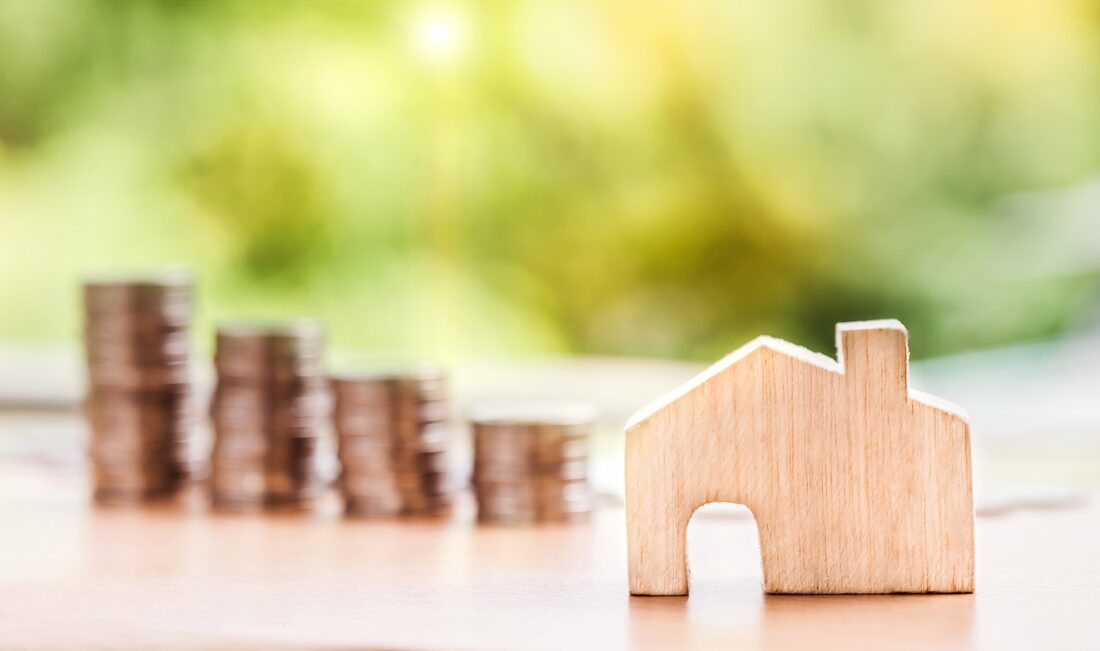
Building a startup business is very challenging and as a new business owner, you’ll need all the help you can get both offline and online. The internet has made it fast and easy for businesses to communicate with the customer on an even closer and more consistent level and social media platforms such as Instagram, Facebook and Twitter are largely responsible for it. In this digital era, your company needs to be on social media or face the risk of remaining indistinct and invisible. Launching and maintaining a constant presence on social media should therefore be one of your major goals as a startup business. In case you are yet to be convinced, here are four reasons why every startup business can’t survive without social media.
- Social Media Helps to Understand the Unique Needs of your Customer
Zooming in on the specific needs of your target audience is made possible and easier with social media. You would then be able to provide them with the right information and solution to their problems. By closely monitoring the related analytics too, you stand a better chance of defining what they need and how to make your brand answer to those needs better. Naturally, the needs of your UK based customers will be different from the needs of customers elsewhere. With the proper use of social media for business, you will avoid forcing your brand on the audience in order to advertise your product or service.
- Social Media Helps to Discover New Customers Easily
With the different social media channels available, you have the opportunity to spread your messages, display your logo, products and services just about anywhere in the world. You can narrow down your target market too with the help of social media to find the exact group of people who would be more likely to buy into what you’re offering. For instance, sharing significant, brand-relevant images on Instagram and adding catchy captions and relevant hashtags to them will help you reach customers you normally wouldn’t be able to locate.
- Social Media Exposes the Competition and Helps You Beat It
As a startup business, having clear insight into your competition is invaluable. Social media comes in when you need to discover what your competitors are doing and what’s working for them. You’ll then be able to correct your mistakes, learn from theirs and make your own brand better. Social media tools offer a detailed overview of your strategy, how successful it is and how you can improve to make it even more so. You can carry out real time analytics of your content and statistics and optimise your content to generate more leads for your business. Tracking leads and sales and generating new ones based on the results is all made possible through social media.
- Social Media Helps to Stimulate Audience Engagement
Social media is a powerful and effective means of getting your audience excited about your products and services. you can not only introduce your new business to the public, but with careful social media packaging and creating unique online experiences, your audience will be encouraged to engage with and share your products and services with the rest of the world. Audience engagement with your business via social media can grow your brand and improve your popularity beyond your expectations. This is especially important for small startup businesses on a tight budget. Social media offers you the best form of advertisement you can find.

